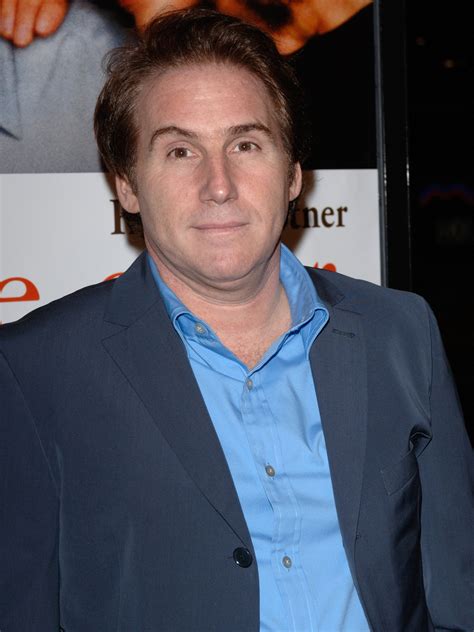A Quote by T. Boone Pickens
Chief executives, who themselves own few shares of their companies, have no more feeling for the average stockholder than they do for baboons in Africa.
Related Quotes
At this moment in history, millions of 'working dads' are desiring to do what they do not feel they have the right to do: be more devoted as a dad, less devoted as a worker. This feeling is far more ubiquitous among men executives than women executives in many areas of the world because, for instance, Asia-Pacific women executives today are more than six times as likely to not have children than men executives are. The Asia-Pacific executive man is about six times as likely to be a working dad as an executive woman is to be a working mom.
President Bush announced his new economic plan. The centerpiece was a proposed repeal of the dividend tax on stocks, a boon that could be worth millions of dollars to average Americans. Well, average stock-owning Americans. Technically, Americans who own a significant amount of shares in dividend-dealing companies. Well, rich people, that's what I'm trying to say. They're going to do really well with this.
Taking the continent as a whole, this religious tension may be responsible for the revival of the commonest racial feeling. Africa is divided into Black and White, and the names that are substituted- Africa south of the Sahara, Africa north of the Sahara- do not manage to hide this latent racism. Here, it is affirmed that White Africa has a thousand-year-old tradition of culture; that she is Mediterranean, that she is a continuation of Europe and that she shares in Graeco-Latin civilization. Black Africa is looked on as a region that is inert, brutal, uncivilized - in a word, savage.
Africa shares with Asia a common background of colonialism, of exploitation, of discrimination, of oppression. At Bandung, African and Asian States dedicated themselves to the liberation of their two continents from foreign domination and affirmed the right of all nations to develop in their own way, free of any external interference.
We're not going to beat Barack Obama with some guy who has Swiss bank accounts, Cayman Island accounts, owns shares of Goldman Sachs while it forecloses on Florida and is himself a stockholder in Fannie Mae and Freddie Mac while he tries to think the rest of us are too stupid to put the dots together to understand what this is all about.... People matter more than Wall Street.
Value investors will not invest in businesses that they cannot readily understand or ones they find excessively risky. Hence few value investors will own the shares of technology companies. Many also shun commercial banks, which they consider to have unanalyzable assets, as well as property and casualty insurance companies, which have both unanalyzable assets and liabilities.
These pharmaceutical company executives are dope dealers and they should be treated worse, and more roughly than dope dealers. When you're talking about millionaire and billionaire executives at pharmaceutical companies, these are people with something to lose if threatened with jail. Frog-march them out of their door in suburbia, handcuffed and surrounded by DEA officers, with their children and neighbours watching.
I think the critical point, really, is that we need to focus black economic empowerment more on the creation of new wealth rather than on these big deals that have been characteristic of this process in the past, of people going to banks, borrowing a lot of money, buying this and when the shares don't perform very well, the shares go back to the banks, because there's other people who own this anyway. I think we need to re-focus it so that it really does impact on growth, new investment, new employment and a general, better spread of wealth in South Africa.
In another time, another world, each studio made 200 movies a year and had 20 executives. Today, a studio makes less than 20 movies a year and has 500 executives. They own too many parking decks and too many billboard companies. They're awash in overhead, and it's pinning them down, and they know it.



































